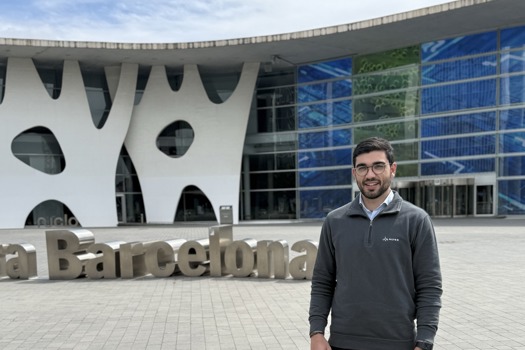The RIP features a trio of headline enhancements designed to help process the massive amounts of data needed to keep modern digital presses running at their rated speed.
These include HP's Indigo range and T-series high speed web presses, both of which are powered by Harlequin's digital RIP technology, as well as presses from SIS and Miyakoshi.
"Presses are getting faster and must be fed pages quickly enough to keep them running at maximum speed in order to achieve a good ROI," said Martin Bailey, chief technology officer at Global Graphics.
"With the Harlequin Host Renderer as the engine in your DFE you can easily achieve this without sacrificing the correct, predictable output and the high-quality colour that you need to get repeat business.
"It's perfect for many print sectors, from variable data labeling to personalised marketing materials, from general commercial print to print on demand, so print shops will benefit from being able to expand into new types of work."
The aim of all three enhancements was to allow the RIP to process pages faster, thereby reducing the hardware requirement and number of RIPs required to feed light, medium and high-volume, toner- and inkjet-based digital presses.
Harlequin VariData accelerates the processing time of regular PDF files containing variable data including, but not only, PDF/VT files, while Harlequin Parallel Pages allows the RIP to interpret one page while it’s still rendering the previous one, enabling print shops to take maximum advantage of multi-core computers and making page processing around 1.3x faster.
Lastly, the Harlequin Host Renderer is now available as a 64-bit build to access additional memory when it’s needed for pages with large amounts of data.
Harlequin said that it would make more announcements in the run up to Drupa, although it was coy on whether these would include more product or OEM partner news.
"We know that our technology is outstandingly fast and this is borne out by the number of press manufacturers that have asked to evaluate the Harlequin RIP over the past six months," said Bailey. "They’ve discovered it really does give them the power and scalability they need on which to build future solutions."










